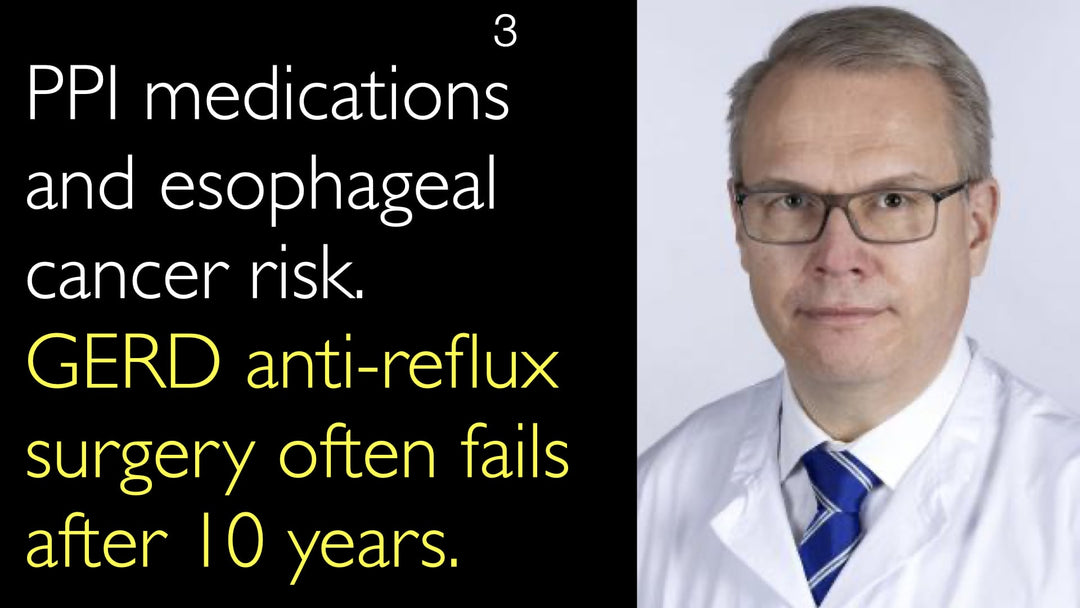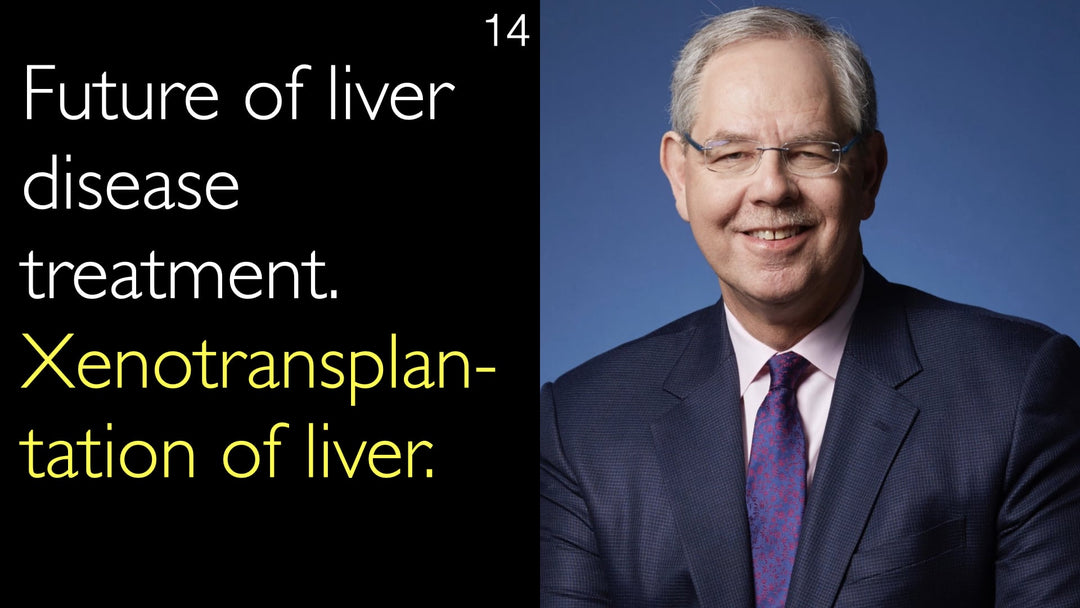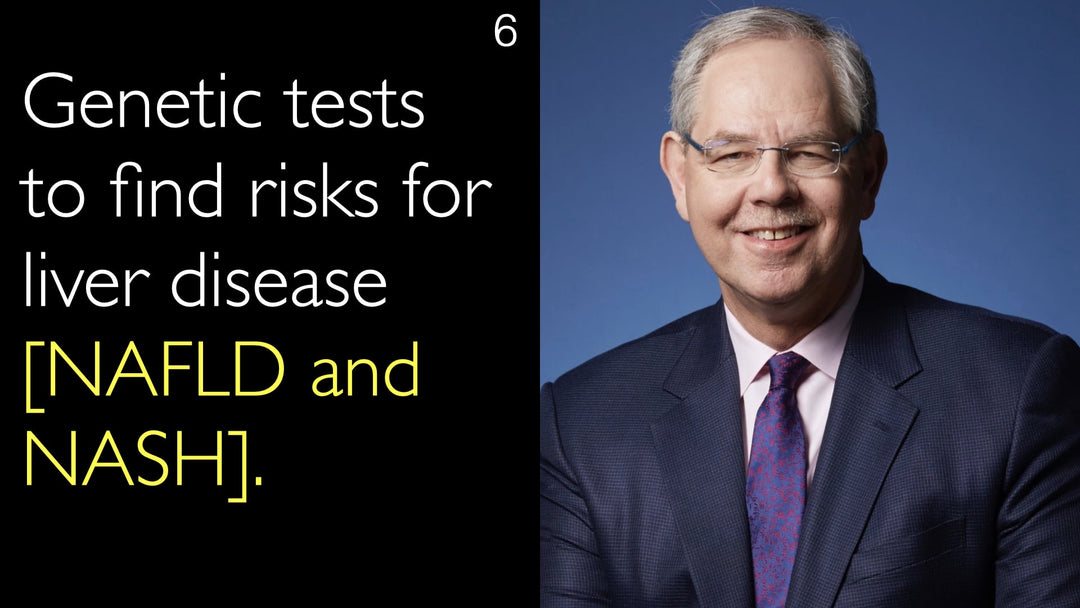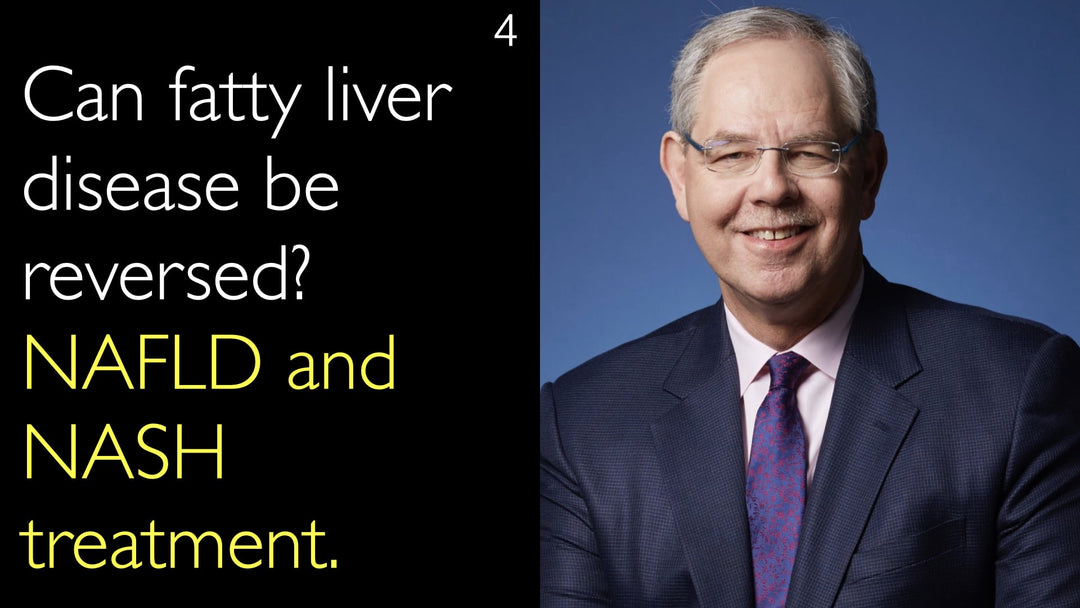Dr. Jari Rasanen, ein führender Experte für Antirefluxchirurgie, erläutert die Langzeitversagensraten bei GERD-Operationen. Er erklärt, warum eine Fundoplikatio nach 10–15 Jahren ihre Wirksamkeit verlieren kann. Dr. Rasanen betont die Notwendigkeit einer kontinuierlichen endoskopischen Überwachung und klärt über die Rolle der PPI-Therapie nach erfolgreichem Eingriff auf. Das Interview thematisiert zudem die schwerwiegenden, lebensbedrohlichen Komplikationen einer unbehandelten gastroösophagealen Refluxkrankheit (GERD).
Langzeitergebnisse und Risiken der Antirefluxchirurgie bei GERD
Direkt zum Abschnitt
- Erfolg und Grenzen der Operation
- PPI-Medikation nach der Operation
- Endoskopische Krebsüberwachung
- Lebensbedrohliche GERD-Komplikationen
- Refluxaspiration und Pneumonie
- Vollständiges Transkript
Erfolg und Grenzen der Operation
Die Antirefluxchirurgie stellt eine hochwirksame Erstbehandlung bei schwerer gastroösophagealer Refluxkrankheit dar. Laut Dr. Jari Rasanen, MD, kann eine erfolgreiche Fundoplikatio anhaltenden Reflux vollständig unterbinden. Der Eingriff schafft einen Ventilmechanismus, der das Zurückfließen von Magensäure in die Speiseröhre verhindert.
Allerdings weist Dr. Rasanens Forschung auf eine erhebliche langfristige Einschränkung hin: Der während der Fundoplikatio gebildete Gewebelappen lockert sich häufig mit der Zeit. Dieses mechanische Versagen tritt typischerweise 10 bis 15 Jahre nach dem Eingriff auf. Patienten sollten daher nicht davon ausgehen, dass eine Antirefluxoperation lebenslang hält. Die maximale Wirksamkeitsdauer des Verfahrens liegt bei etwa 15 bis 20 Jahren.
PPI-Medikation nach der Operation
Protonenpumpenhemmer (PPI) haben nach einem chirurgischen Eingriff eine andere Funktion. Wie Dr. Jari Rasanen, MD, erläutert, bieten PPI keinen Zusatznutzen, wenn die Antirefluxoperation vollständig erfolgreich verläuft. Eine korrekt funktionierende Fundoplikatio macht eine dauerhafte Säurehemmungstherapie überflüssig.
Im Gespräch mit Dr. Anton Titov, MD, wird eine wichtige klinische Unterscheidung betont: Medikamentöse und chirurgische Behandlung wirken nicht synergistisch, wenn der Eingriff optimal verläuft. Nach erfolgreicher Operation sollten Patienten nicht automatisch PPI weiter einnehmen. Dieser Ansatz vermeidet unnötigen Langzeitmedikamentengebrauch und dessen potenzielle Nebenwirkungen.
Endoskopische Krebsüberwachung
Regelmäßige endoskopische Kontrollen sind nach jeder GERD-Behandlung unerlässlich. Dr. Jari Rasanen, MD, unterstreicht die entscheidende Rolle von Oberbauchendoskopien und Gastroskopien. Diese Überwachungsstrategie hilft, der Entstehung von Speiseröhrenkrebs einen Schritt voraus zu sein.
Die Endoskopie ermöglicht die Früherkennung von Krebsvorstufen, sogenannten Dysplasien. Werden diese in der Speiseröhrenschleimhaut entdeckt, können Ärzte proaktiv eingreifen und die abnormalen Zellen behandeln, bevor sie zu einem invasiven Adenokarzinom fortschreiten. Diese wachsame Überwachung ist ein Grundpfeiler des langfristigen GERD-Managements, unabhängig von der gewählten Therapie.
Lebensbedrohliche GERD-Komplikationen
Unbehandelte oder schlecht kontrollierte gastroösophageale Refluxkrankheit kann tödlich enden. Dr. Jari Rasanen, MD, beschreibt, wie saurer Magenreflux das Gewebe der Speiseröhre schädigt. Diese chronische Reizung kann zur Bildung tiefer Geschwüre in der Schleimhaut führen.
Solche Ulzera stellen einen ernsten medizinischen Notfall dar. In schweren Fällen können sie die Speiseröhrenwand vollständig durchbrechen. Eine solche Perforation ermöglicht das Austreten von Mageninhalt in den Brustraum, was schwere Infektionen verursacht und sofortige chirurgische Intervention erfordert, um tödliche Folgen abzuwenden.
Refluxaspiration und Pneumonie
Eine weitere lebensbedrohliche Komplikation der GERD ist die pulmonale Aspiration. Dr. Jari Rasanen, MD, erläutert, wie Magenreflux in die Lunge gelangen kann – nämlich wenn Mageninhalt in den Rachen aufsteigt und versehentlich eingeatmet wird.
Die Aspiration von saurem Magenmaterial kann schwere Lungenentzündungen verursachen. Diese als Aspirationspneumonie bekannte Erkrankung ist besonders gefährlich und oft tödlich. Das Interview mit Dr. Anton Titov, MD, macht deutlich, dass GERD nicht nur die Lebensqualität beeinträchtigt, sondern durch kanzeröse und nicht-kanzeröse Komplikationen auch reale Todesrisiken birgt.
Vollständiges Transkript
Dr. Anton Titov, MD: Wenn nach einer Antirefluxoperation Entzündungen in der Speiseröhrenschleimhaut festgestellt werden – können PPI-Hemmer oder andere Medikamente dann helfen? Können sie Entzündungen und damit das Risiko für Speiseröhrenkrebs bei Patienten mit gastroösophagealer Refluxkrankheit reduzieren, auch wenn diese bereits erfolgreich behandelt wurde?
Dr. Jari Rasanen, MD: Ist die Antirefluxoperation erfolgreich, unterbindet sie den Reflux vollständig. In diesem Fall bieten PPI-Medikamente keinen zusätzlichen Nutzen. Im Grunde genügt also die Operation allein.
Einzige Ausnahme sind Nachsorgeuntersuchungen mit Oberbauchendoskopien und Gastroskopien. So bleiben wir dem Krebs einen Schritt voraus.
Zeigen sich Anzeichen von Dysplasie in der Schleimhaut, können wir eingreifen, bevor Krebs entsteht. Das ist sehr wichtig zu wissen.
In einer Ihrer Veröffentlichungen erwähnten Sie auch, dass bei Patienten Jahre nach der Antirefluxoperation die ursprünglich erzielten Ergebnisse nicht mehr bestehen. Das ist eines der Probleme.
Zwar ist die Antirefluxoperation anfangs sehr erfolgreich, doch lockert sich der bei der Fundoplikatio gebildete Lappen oft nach 10 bis 15 Jahren.
Dadurch verhindert er den Reflux nicht mehr. Man kann also niemandem, der sich operieren lässt, versprechen, dass der Eingriff ein Leben lang hält.
Eine Garantie von vielleicht 15, maximal 20 Jahren ist realistisch. Danach kann trotz anfänglichem Erfolg erneut Reflux auftreten.
Dr. Anton Titov, MD: Die gastroösophageale Refluxkrankheit ist häufig, kann aber auch tödlich enden. Warum und wie sterben Menschen daran? Sie haben dazu wichtige Forschung betrieben.
Dr. Jari Rasanen, MD: Magenreflux selbst ist giftig für die Speiseröhrenschleimhaut. Besonders saurer Reflux kann Geschwüre verursachen, die im Extremfall zur Perforation der Speiseröhre führen.
Das ist für Patienten eine sehr gefährliche Situation.
Dr. Anton Titov, MD: Reflux kann auch in die Lunge gelangen und eine Aspirationspneumonie verursachen, die ebenfalls oft tödlich verläuft.
Dr. Jari Rasanen, MD: Genau. Neben Krebs können diese Faktoren für Patienten also sehr gefährlich sein.







